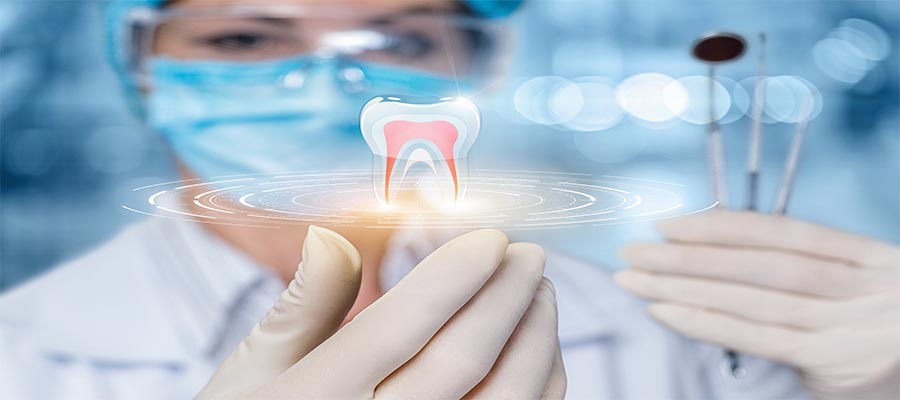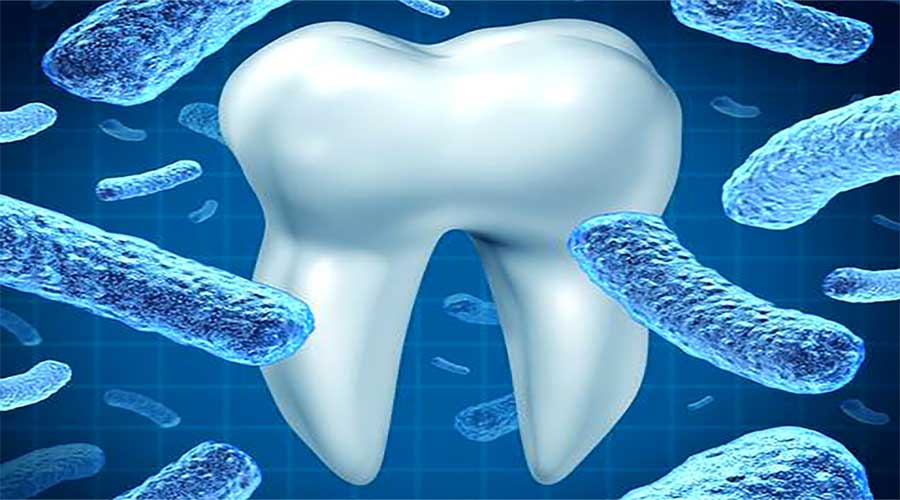Oral And Maxillofacial Pathology Or Oral Surgery
Oral And Maxillofacial Pathology And Oral Surgery
Some people end up with oral pathology problems that may be hard to diagnose and understand. In many of these cases, the patient may be referred to as an Oral Pathologist or an oral surgeon. This would depend on the region and which of these dental specialists are available. In some countries, oral pathologists and oral surgeons are somewhat combined. Oral surgeons are expected to know oral pathology.

In the United States, oral pathologists are an important part of medicine and dentistry. There is the American Academy of Oral Pathology (AAOP) that was officially recognized in 1948 and Oral Pathology in 1950, oral pathology became an officially recognized dental specialty by the American Dental Association.
Many people have oral pathology questions online, have oral-maxillofacial trauma questions, or want to know more about oral surgery? In this dental article - we will be discussing oral maxillofacial pathology, gum disease, and some oral maxillofacial surgery procedures.
Oral Surgery
Many people are wondering what is oral surgery and how are oral surgery procedures done? Oral is in the mouth - so any type of surgical procedure done in the mouth is a form of oral surgery. Oral surgeons perform oral surgery. Periodontists also perform oral surgery on gums - that is, mostly on treating gum disease with grafting and repositioning of gum tissue for various dental restoration procedures. Both oral surgeons and periodontists do the oral surgery and placement of dental implants.
Common Oral Surgery Questions about Oral Bone around the Tongue -Oral Surgery Question on EXTRA BONY GROWTH in Lower Jaw, Torus Mandibularis Information:
Some people have extra bone around their tongue and never notice it. When they do notice it, they react quite surprised and somewhat alarmed. Torus mandibularis is a condition where extra mandibular bone growth happens in the back of the lower jaw teeth. The lower jaw is the mandibular jaw and the top teeth are in the maxillary jaw. Many times this condition is asymptomatic and it is usually nothing to be concerned about. Those getting dentures would, unfortunately, may have to have Oral Surgery done to remove this extra bone - so the denture could fit into the mouth. That is why, people with this condition, may prefer to get dental implants. Best to keep watch and have regular dental exams yearly. Can get Torus Mandibularis Information and more - we are looking to Dental Chat about Dentistry online with us.
Do you have Gum Disease?
Some adults end up losing teeth at some point in their life, due to gum disease. If you have experienced gum disease as an adult, you may have had mildly swollen gums or your symptoms may have been more severe including bleeding gums or tooth loss because of gum disease. If you have gingivitis, then you need to know that gum disease starts here! Gingivitis is caused by plaque irritating the soft tissues along your gum line. As the bacteria increases this condition can turn into periodontitis Your gums begin to recede from your teeth. As this condition gets worse, it can lead to mandibular or maxilla bone loss in your jaw which can lead to the loss of one or more teeth if not treated by a dentist or dental specialist such as a periodontist.
If you are an adult or senior who is losing teeth, you likely have periodontitis. Regular dental visits, cleanings, and good oral hygiene including brushing and flossing daily can help you lessen the chance of receding gums, gingivitis, or periodontitis. We are looking to provide the best oral surgery information online - welcome to ask us emergency dental questions online with us.
Oral Pathology
Oral pathology is looking to figure out, diagnose and manage diseases or conditions - inside the mouth and jaw. That is why it is called oral pathology and maxillofacial pathology. This could include oral cancer biopsy or figuring out what is going on inside the mouth - and what is causing it? Oral pathology can be due to viral, fungal, or bacterial infections; or possibly a combination. Oral pathologists are generally experts in figuring out what is happening inside the mouth & dental specialists in understanding the root cause of oral pathologies occurring inside the mouth.
What are Oral Infectious Diseases?

Infectious diseases can include infectious oral diseases such as oral herpes, which occurs in patients who have been exposed to the herpes simplex virus. Canker sores are one type of oral infection that can cause lesions inside the mouth. These will generally go away within 2 weeks or so, though each case differs. Canker sores can be caused by hormonal changes or stress, as well as possibly other factors. Other oral diseases can be fungal and viral infections which sometimes can be seen in patients who are HIV positive. For instance, people with HIV may be more prone to getting Thrush, an overgrowth of a naturally occurring fungus in the mouth.
Anybody may end up with an infectious oral disease. You may notice cold sores and fever blisters develop on the lips, under the tongue, and in the soft tissues inside your cheeks. Going and getting a Local Dentist oral exam which comes with a dental cleaning is a good idea if you see any of these conditions. Fill out a proper medical history form and let your dentist know. This is a good start so they can help you keep an eye out for certain conditions.
Oral Cancer And Oral Maxillofacial injuries
Oral Cancers -- There are several common forms of oral cancer (mouth cancer) including lymphoma, sarcoma, and squamous cell carcinoma forms of oral cancer. I have some form of a lump or wound in the mouth that does not heal, they should get it checked out with a dentist, oral pathologist, or oral surgeon. Usually, most people will go to their dentist.
The dentist will do some oral examination and may refer the patient then - to an oral pathologist or oral surgeon. The most important thing is to get your regular dental office visit & exam regularly, where dentists and hygienists check for oral cancer. Also, any type of oral formation in your mouth should be mentioned to your dentist. Your dentist can evaluate and sometimes if they see fit - they may take a biopsy to further see what is going on.
Oral pathologists and oral surgeons will be referred by dentists, to further evaluate questionable oral spots or oral irritations that do not heal. Oral pathologists have many ways of being able to diagnose what is going on with any irregularities inside the cheek or mouth that are noticed during a routine dental exam. Can get local dentists' dental answers online and Live Dentist Chat Online with us at DentalChat.
Oral Maxillofacial injury or simply, facial trauma - is usually caused by an accident. This can be a car accident, sports-related injury to the face, or falling & tripping unexpectantly. There used to be more severe facial trauma due to auto accidents when seat belts were not required. Some people not wearing seat belts would have their faces go through the windshield - which would cause severe facial trauma.
By filling out your medical history form properly and letting your dentist know if, for instance, you are getting radiation treatment for cancer, the dentist will check for dry mouth and the symptoms that can arise from it.
Oral Pathology And Oral Surgery Discussion
In summary, we did an oral maxillofacial pathology chat, oral surgery blog, and an oral maxillofacial chat online about facial injuries. We have many other DentalChat articles for our users on many aspects of dentistry. If want more Oral Surgeon Information or Oral Surgery Questions, can look for Local Dentist's Dental Answers Online with us at DentalChat.
